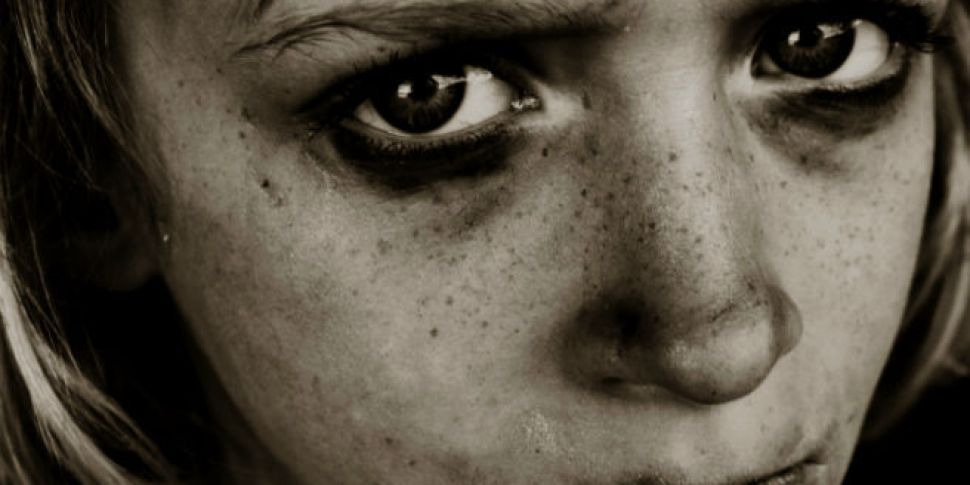Newstalk Magazine is available now for free from the Apple app store.
When a child is sick they call for their mother and she nurses them better. It is the most natural thing in the world and something we all take for granted. Therefore it should be unfathomable that any parent would not only pretend that their child is ill but go so far as to inflict it – simply for attention.
In February, the father of fifteen-year-old Boston girl Justina Pelletier was found in contempt of court after speaking to the media about his daughter’s medical treatment. He and his wife Linda lost custody of Justina last year after the Massachusetts Department of Children and Families suspected them guilty of medical child abuse. The DCF decreed a diagnosis previously given for mitochondrial disease was unfounded and that Justina was suffering from somatoform disorder – meaning that her symptoms were all in her head. As the legal battle weighs on, it remains to be seen whether the Pelletiers are simply fighting for what they believe to be the right medical care for their daughter or are in fact guilty of the most lethal form of child abuse, Münchausen by proxy syndrome (MBPS).
By definition, Münchausen by proxy syndrome is a relatively rare form of child abuse that involves the exaggeration or fabrication of illnesses or symptoms by a primary caretaker.
Expert in the study of the condition, Dr Marc Feldman believes diagnosing sufferers as mentally ill is a dangerously grey area. Although Münchausen syndrome and Münchausen by proxy are officially considered psychiatric factitious disorders they can lead to fatalities in children – causing psychiatrists like Feldman to try to disassociate the condition with mental health so that perpetrators can be fairly prosecuted in court. He states: “The difference is the sincerity of the belief of the illness. People with hypochondria truly think they’re sick, interpreting aches and pains as indicative of severe illness. They don’t intend to deceive others, they just deceive themselves. With Münchausen, they know they’re lying, and they have often had to engage in considerable planning to deceive. They aren’t delusional – they know they or their children aren’t really sick.”
In 2008, mother of four Leslie Wilfred gathered her friends and family together to mourn the death of her stillborn twins. As the crowd wept at the two teddy bear shaped urns and framed photos of ultrasounds, Leslie held a dark secret. She had not lost her babies three days previously, in truth they had never existed in the first place. Her web of lies began to unravel when Child Protective Services were called to investigate a claim that her stepson had threatened her with a knife. They found one of her children had his gallbladder removed and was waiting for a liver transplant while another was supposedly dying from leukaemia. The latter phantom condition had even garnered the support of the local community through collection buckets to pay for treatment. For these deceptions - and also forcing her stepson to sleep in a wooden box - Leslie was jailed for eight years followed by 30 years probation.
Marybeth Tinning is shown in 2007 Photo: Wikipedia

For some MBPS sufferers, simply convincing others that their child is sick is not enough – they crave the attention and wave of sympathy that only a death can bring. From 1972 to 1981 Marybeth Tinning lost eight children in suspicious circumstances. Although doctors suspected the nurse had a hand in their deaths, the causes were never cited as homicide, meaning no charges could be filed against her. Basking in the condolences her supposed misfortune brought, Marybeth even had her own army of supporters who believed her children carried a death gene. Their theory was debunked however when a three-year-old boy Marybeth adopted died from pneumonia. After eventually confessing to the murder of three of the children, Marybeth was jailed for 25 years to life. Her third parole hearing is scheduled for January 2015.
Many of the warning signs of MPBS - such as detailed familiarity with a child’s medical history and an overprotective relationship with the sick child – are also signs of good parenting. Seeing their child suffer is the nightmare of every sane parent. When a life comes into the world, it brings with it the instincts of protection and progression – to guide it from its helpless beginnings to eventual independence.
But not all children are lucky enough to be born to such loving parents. The challenge, therefore, not only lies in treating the disorder but in diagnosing it before it’s too late.
This article originally appeared in Newstalk Magazine for iPad in March, for more details go here.









